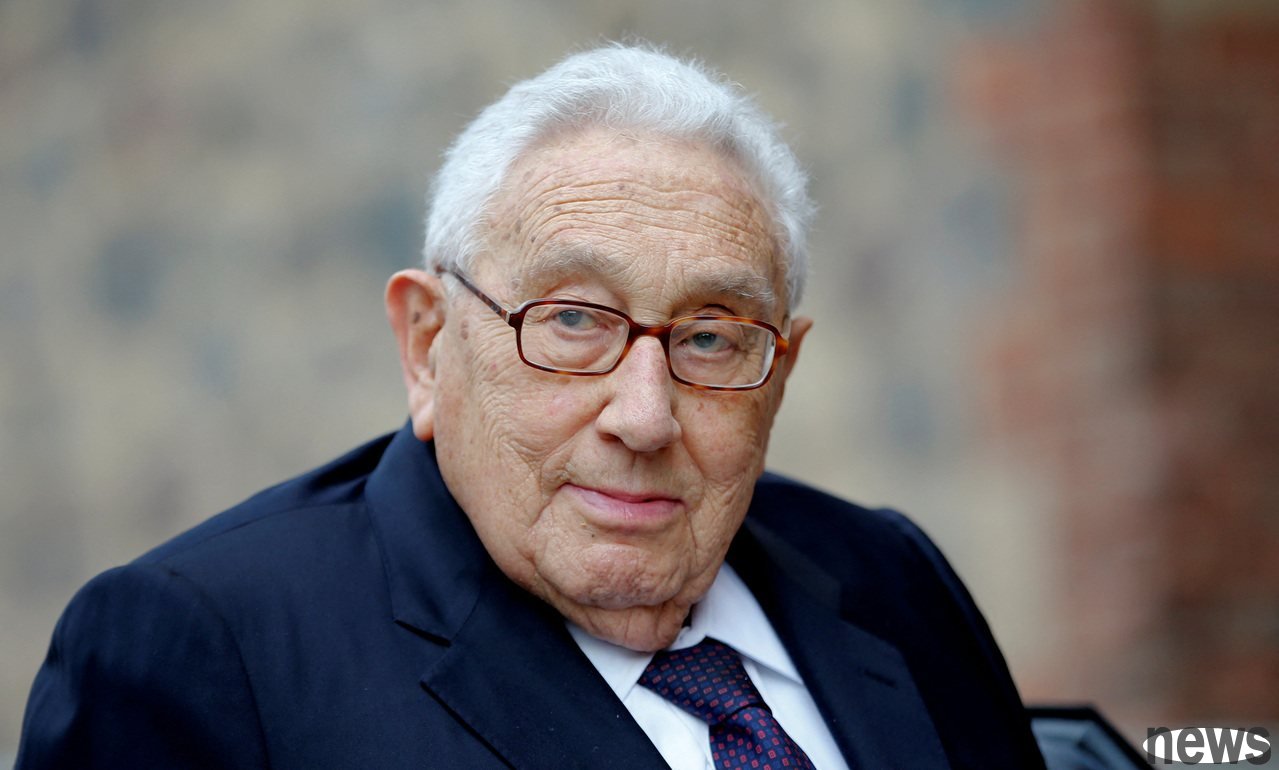Editor's note: Henry Kissinger, a former U.S. Secretary of State, died on the 29th and was 100 years old. Ji Xinji was the driving force of the territorial war in the 1970s to normalize the U.S.-China relations, and was known as the godfather of...
 Editor's note: Henry Kissinger, a former U.S. Secretary of State, died on the 29th and was 100 years old. Ji Xinji was the driving force of the territorial war in the 1970s to normalize the U.S.-China relations, and was known as the godfather of American diplomacy.
Editor's note: Henry Kissinger, a former U.S. Secretary of State, died on the 29th and was 100 years old. Ji Xinji was the driving force of the territorial war in the 1970s to normalize the U.S.-China relations, and was known as the godfather of American diplomacy. Ji Xinji celebrated his 100-year-old grandfather on May 27 this year. Not only has he lived longer than most of his classmates, critics and even students, he has been interacting with the world more alive in his 90s over the past 10 years, even the COVID-19 pandemic has not slowed down. On May 25, David Kissinger, son of Jisinger, wrote an article on the Washington Post to share his father's longing.
Dai Wei said that Ji Xinji has completed two books in 2020 and started the third creation. After the Bilderberg Conference in Portugal recently, he continued to attend his 100th birthday event in New York, London and Fulte, Germany.
Dai Wei admitted that his father was so strong that it was actually amazing; he loved the heavy-tasting German sauerkraut and Vienna schnitzel during his lifetime, and his career was always based on high pressure, and his movements were always just a side view rather than a participant.
But Dai Wei said that his father's strong curiosity made him interact with the world lively, and his sensitive thoughts led him to identify and challenge today. In the 1950s, the question he thought about was the rise of nuclear weapons and its threat to humans; about five years ago, at the age of 95, he became fascinated by the philosophy and reality of artificial intelligence (AI).
Dai Wei believed that another secret of his father's elders was his sense of mission. Although he was slandered as a cruel realist, he was actually a passionate person, who believed in love with nationalism, loyalty and cooperation between the two parties; the current taint of public opinion and the collapse of diplomatic art made him suffer.
Dai Wei remembers that those who are different from those in political positions can still maintain warmth and friendship. The cold war continued to exist that year, and former Su United States ambassador Anatoly Dobrynin was still a regular visitor; the two of them were discussing issues that might affect the adjustment of the earth. The father had no fantasy about the suppressed nature of Su's political power, but in the eyes of the nuclear superpower, regular dialogue helped to calm and tighten the situation.
Daiwei pointed out that his father was a difficult man who fled Nazi Germany and lost 13 family members and countless friends in the massacre. Later, he returned to Germany as a US military to participate in the liberation of the Ahlem concentration camp, witnessing the deep purity that humans may fall into without being constrained by international peace and justice.
Dai Wei said that his father never regarded diplomacy as a game; he implemented diplomatic philosophy with promises and persistences derived from personal experience. He was proud of his father's strategy of strengthening his country's governance with his principles and his understanding of the reality of history.